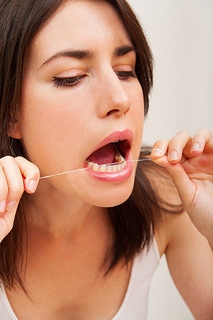Pediatric Dental Emergency Know-How
February 12th, 2025

Parents are usually expert at taking care of their children’s injuries. You know how to disinfect a cut, soothe a bump on the head, and apply a bandage faster than you can blink.
But what happens if your child suffers a dental injury? Teeth can get broken, knocked out, or displaced from a forceful impact, and parents ought to know what to do in those situations, too. Luckily, Sandra Martin and our team are here to be a resource for such incidents!
Chipped front teeth are a common injury for young children. First, check to see if the teeth have been broken to the nerve. You can tell this is the case if you see layers and a pinkish center.
Then, wiggle each tooth to make sure it is not loose. If the teeth still feel firmly in place, that’s a good sign. Don’t worry if they are a little loose, because they will tighten again with time.
If your child develops a high temperature or bite sensitivity, treatment is necessary and could include a root canal.
A knocked-out tooth is an injury that requires more attention than just observation. Locate the tooth as soon as you can, and touch only the crown, not the root. Rinse any debris gently with milk or water and place the tooth back in its socket as soon as possible.
According to the American Association of Endodontists, a tooth has a high chance of survival and retention for life if it is returned to the socket within five minutes, and possibly up to 60 minutes, if soaked in milk or saline solution in the meantime.
Say your child is elbowed in the mouth and a tooth gets severely displaced but does not get knocked out. Attempt to shift it back into place by applying light pressure, but be careful not to use too much force. Give your child a cold pack for the swelling and contact our office as soon as possible.
Dental emergencies can be frightening for the child as well as the parent. The best advice we can offer is to stay calm and be assured that we are always here to help! Contact us at our Wake Forrest, North Carolina office as soon as you can, if your child encounters a dental emergency.




